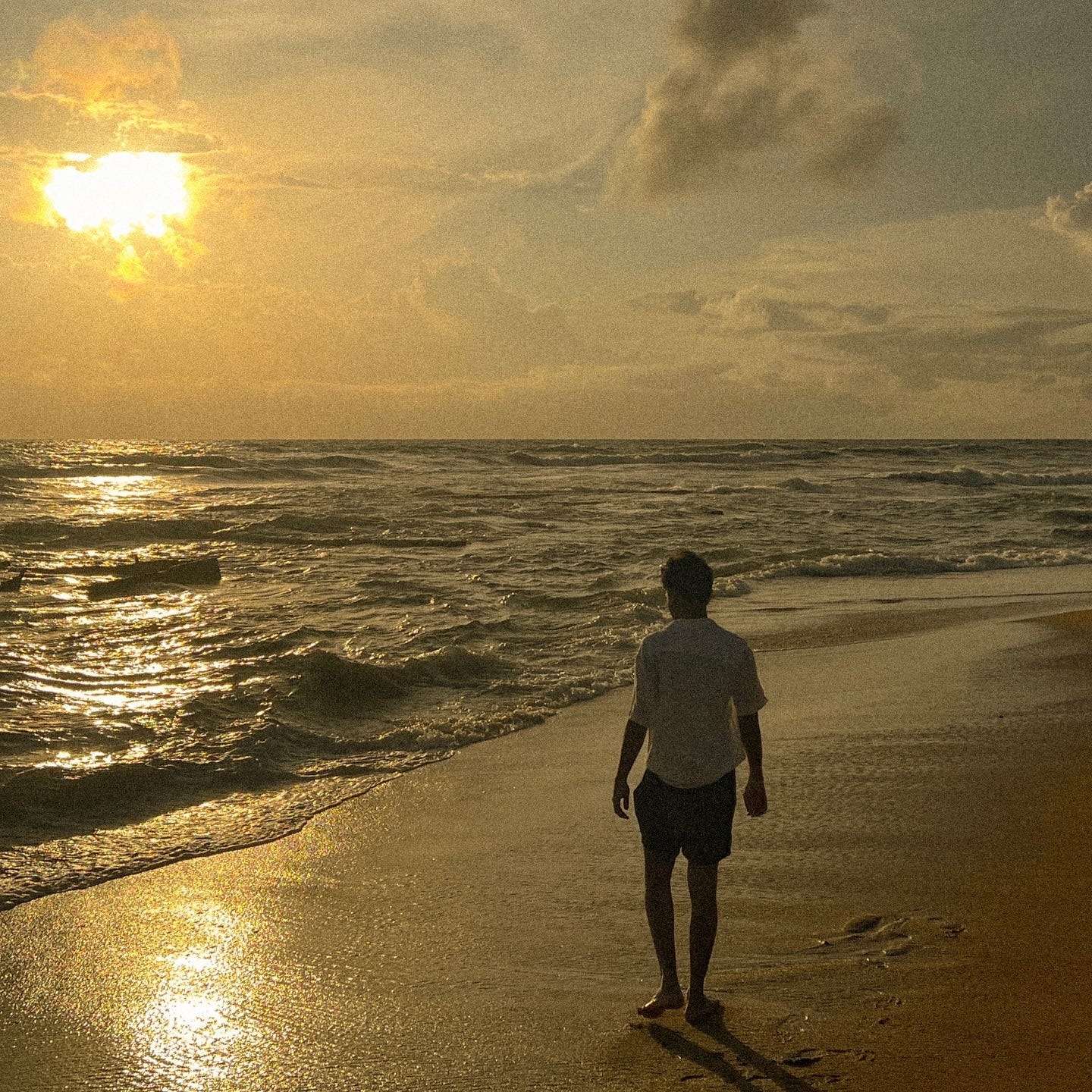In 2022, I joined Instagram. I completed my schooling in 2019 and had lost touch with my school friends, so I started using IG to see what they were up to. Back then, it felt fresh. random posts, diverse content, a mix of everything. Now, it feels like a never-ending loop. One gym post, and suddenly my entire feed is fitness. One food reel, and I’m drowning in recipes. At first, it made sense that social media showed me more of what I like. But then I realized something: I wasn’t discovering anything new anymore. My feed had become a predictable, repetitive cycle. And I’m not the only one feeling this way.
Personalization is a Problem.
Instagram algorithms are designed to maximize engagement. The moment we interact with one post, the system decides that’s your entire personality. Watch a single gym reel, boom, whole feed is now a 24/7 fitness camp. Check out a cooking video, and suddenly, Instagram thinks that i’m the next MasterChef. It’s like the app doesn’t understand that people have multiple interests.
For example, I listen to one Nicki Minaj song, and before I know it, my entire feed is Nicki—concert clips, fan edits, and lyrics breakdowns. At first, it’s fun, but after a while, it gets exhausting. I love Nicki, but do I really need to see only her? That’s the problem. the algorithm overcorrects, suffocating us with what it thinks we want until we get bored of it. Instead of being a place for discovery, now I feel social media, especially Instagram, has become a loop of the same influencers, the same trends, and the same content over and over again. And when everything feels repetitive, the excitement fades.
Content Repetition & Mental Exhaustion.
At first, it really feels harmless. We scroll past one fitness reel, maybe even like it, and suddenly, the entire feed turns into a personal trainer. You click on a single cooking video, and now Instagram assumes you’ve quit your job to become a Michelin-star chef. It’s funny at first, how quickly the algorithm reshapes our world based on a few taps and swipes. But then, the pattern becomes clear: the more you engage, the narrower your content pool becomes.
And that’s where the exhaustion kicks in. Social media, especially Instagram, stops feeling like an endless universe of ideas and starts feeling like a tiny, suffocating room. The same faces. The same trends. The same captions, repeated by different influencers. Even the memes start recycling themselves. It’s like living in a digital déjà vu—except we’re fully aware of it, and there’s no escape.
What’s worse is how this repetition messes with our minds. When all we see are fitness models with chiseled abs, millionaire entrepreneurs promoting their “morning success routine,” or travelers constantly hopping from one exotic destination to another, we start questioning our own lives. Am I doing something wrong? Should I be grinding harder? Traveling more? Eating cleaner? We weren’t even thinking about these things before, but now, they’ve invaded our minds, just because an algorithm decided they should.
Over time, this constant exposure to the same hyper-curated lifestyles doesn’t just bore, it drains. we feel uninspired, restless, even anxious. Social media, which once felt like a source of entertainment and discovery, now feels like a digital treadmill—we’re moving, but we’re going nowhere.
Social media thrives on engagement, but what happens when we as users stop engaging? When content feels stale, when every scroll feels like déjà vu, people inevitably lose interest. Instagram and YouTube’s biggest strength—their ability to tailor content to individual preferences—might just be their biggest weakness.
Right now, the algorithm works like a loop, feeding users the same kind of content until they’re completely saturated. Think about it: If you listen to one Nicki Minaj song, suddenly your entire feed is flooded with her. At first, it’s exciting. But soon, the magic fades. The surprise is gone, and what once felt like a personalized experience starts feeling like an echo chamber. This is where platforms risk losing users—not because people dislike the content, but because they’re tired of only seeing the same content.
And when boredom sets in, people seek alternatives. TikTok, despite its flaws, keeps users hooked with its ability to introduce completely random content—one minute you’re watching finance tips, the next you’re laughing at a dog in sunglasses. That randomness is refreshing, keeping curiosity alive. Instagram and YouTube, on the other hand, are still stuck in their rigid algorithmic ways, pushing hyper-personalization to the point of exhaustion.
If these platforms don’t evolve. If they don’t introduce more controlled unpredictability, users might eventually disengage. After all, what’s the point of a social media feed if it no longer surprises? If it no longer sparks curiosity? If it no longer feels social? The biggest threat to Instagram and YouTube isn’t competition—it’s their own algorithm, slowly making their platforms forgettable.
The Need for Algorithmic Change.
Social media was meant to connect us, to expand our world beyond what we already know. But instead of broadening our perspectives, algorithms have trapped us in bubbles of predictability. The very technology designed to enhance our experience is now limiting it, feeding us the same content, the same creators, and the same ideas on repeat.
Imagine walking into a bookstore where every shelf holds different versions of the same book just because you once read something similar. That’s what social media has become—an endless loop of familiarity, with little room for discovery. And while personalization makes sense in theory, in practice, it’s draining the excitement out of scrolling.
The solution isn’t to abandon algorithms but to refine them. What if platforms introduced a “reset” button to refresh our feed? Or built-in randomness that occasionally tossed in content from outside our usual interests? The key isn’t to eliminate personalization but to balance it with variety—because real engagement comes from curiosity, not just repetition.
If Instagram and YouTube don’t rethink their approach, users will eventually seek out platforms that offer something fresh, something unpredictable, something human. The question is: Will these giants adapt before it's too late?






Couldn’t agree more. I learned to severely limit my time on both platforms and follow or subscribe to those who inspire or educate me.